It’s a beautiful spring morning in 2036. Sitting down to breakfast, you gesture at your interactive e-tabletop, bringing up your international museum newsfeed. The lead headline grabs your attention, but you have trouble focusing on the text. Does it read:
- Museum Loses Nonprofit Status over Sale of Collections
or
- Museum Opens New Wing to Great Acclaim: Funded by Deaccessioning?
Ethics, like other cultural values, change over time, affected by social, political, economic, technological and environmental trends shaping our world. Forty years ago, the ethical dilemma attending choosing a new car might have been whether to “buy American.” Now we angst over whether it is, environmentally speaking, ethical to drive an SUV. Technology creates issues that didn’t even used to exist—is cloning a human being ethical? How about selecting a child based on gender, or potential IQ?
Museum ethics are subject to the same evolutionary forces. What emerging issues face museums in the 21st century? Will our positions on enduring concerns (use of funds from deaccessioning, cultural property, conflict of interest) hold firm, or morph with changing times?
Skip over related stories to continue reading articleThat’s what we’re here for—to help museums explore potential futures! This summer, CFM will partner with the Institute of Museum Ethics at Seton Hall University on a project forecasting the future of museum ethics.
“We are usually most conscious of ethical issues when we are confronted with a difficult decision or face a controversy over something that has already happened,” says IME director Sally Yerkovich. “Working with AAM, the Institute of Museum Ethics has chosen to look towards the future and anticipate issues and ideas that will be critical for museums to be prepared to address.”
This is an opportunity for CFM to try out a technique called “Delphi” (after the Delphic oracle)—a systematic, interactive forecasting method that captures and synthesizes the opinions of experts and attempts to align the sometimes conflicting positions of these experts into a coherent and unified perspective. In addition to a core group of oracles (recruited to reflect diverse perspectives and experience in and around the field), we will open up the process to general input, soliciting your opinions on what the ethics issues of the future will be, and how the field will respond.
We’ll kick off the project with a Twitter chat on June 15, asking you to contribute ideas (and links, and resources) on ethics issues that should be included in the forecasting. Mark your calendar and stay tuned! And watch the CFM website for news and updates on the project.
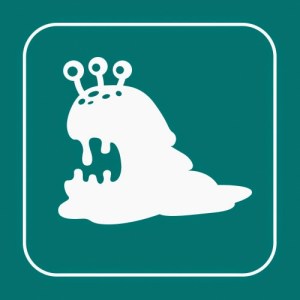
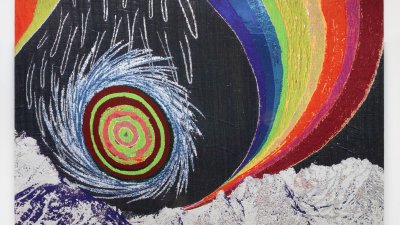
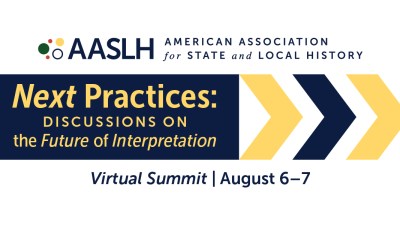
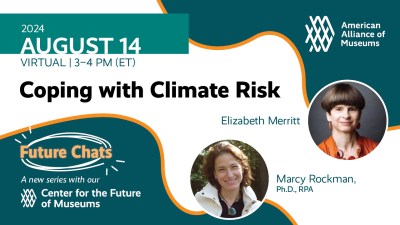
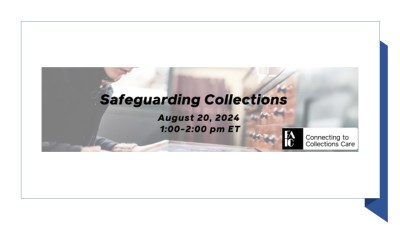

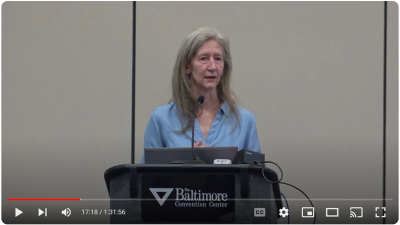
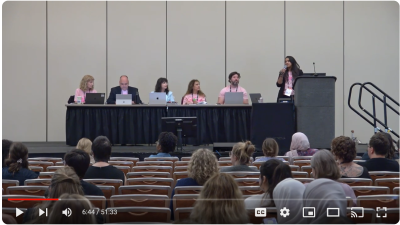
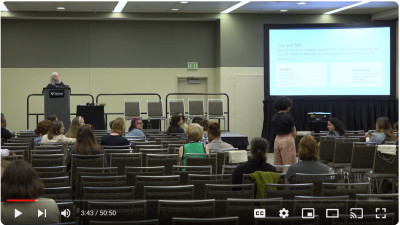
Comments